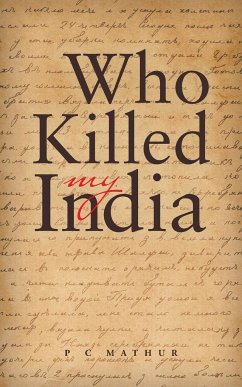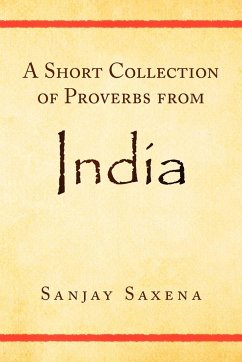The British East India Company and the Asiatic Society employed a well-planned, three-pronged missionary, historical, and academic assault on Indian education and culture to subjugate and fleece India. Friedrich Max Muller (1823-1900) was a missionary sent to India, masquerading as a Sanskrit scholar while he had not met any Indian scholar or had knowledge of Sanskrit before coming to India. He was hired at the age of twenty-four years in 1847 to translate the Vedas into English. If the British were genuinely interested in Vedic translations, they could have hired an indigenous scholar with proficiency in Sanskrit and English, with authentic historic perspectives on the Vedas and with a real feel of the Vedic religion. Max Muller had none of these. Neither English nor Sanskrit was his mother tongue. From the British point of view, his qualification was his firm commitment to his Christian mission. He, very tactfully, hired a couple of impoverished Sanskrit pundits (who could have been easily bribed) and got Vedas misinterpreted to destroy the Indian education system. India was very rich before the British invasion .We had the GDP of a quarter of the whole world .Up to 1895, India was the only supplier/producer of diamonds. This wealth was looted from India. The British were draining money from India at a rate of three million pounds a year in 1838. We have remained ignorant of misrepresentations and distortions of our nation's history and have been incorrectly informed about our culture and heritage through the oral transmission of Vedic knowledge from generation to generation. This has been well explained by Dr. Alan Roland, an eminent American psychoanalyst, in his In Search of Self in India and Japan (1988, p.18). I would like to point out that indifference of young Indians to our own history has been invitation to foreigners to write our history. Matlock, in his India Once Ruled the Americas (p.170), explains this: "The one and only reason why we don't know about India's true role in human history is our self-imposed ignorance of Indian mythology, history, and education system."
Hinweis: Dieser Artikel kann nur an eine deutsche Lieferadresse ausgeliefert werden.
Hinweis: Dieser Artikel kann nur an eine deutsche Lieferadresse ausgeliefert werden.








